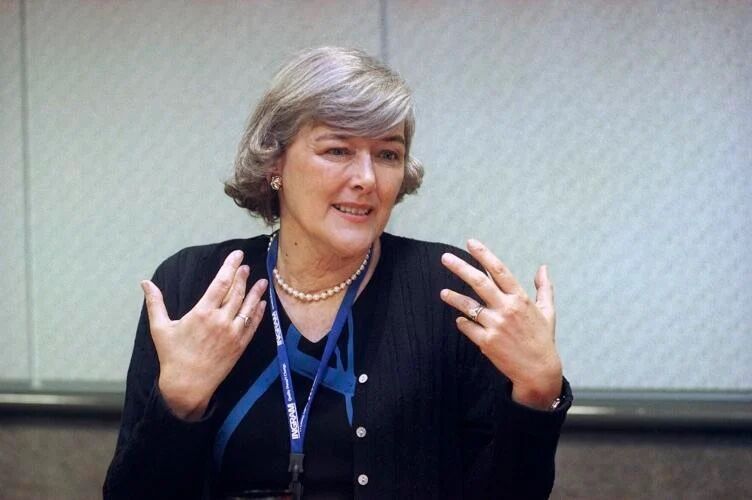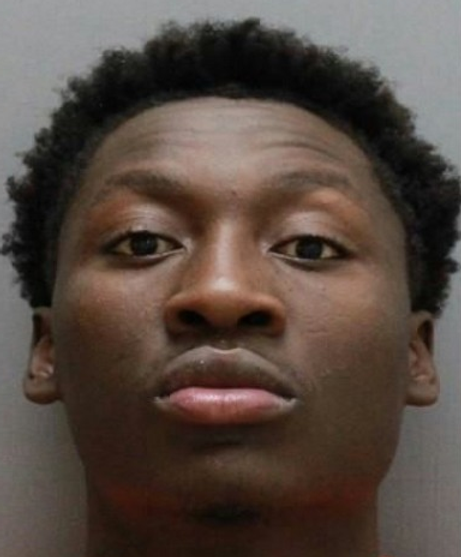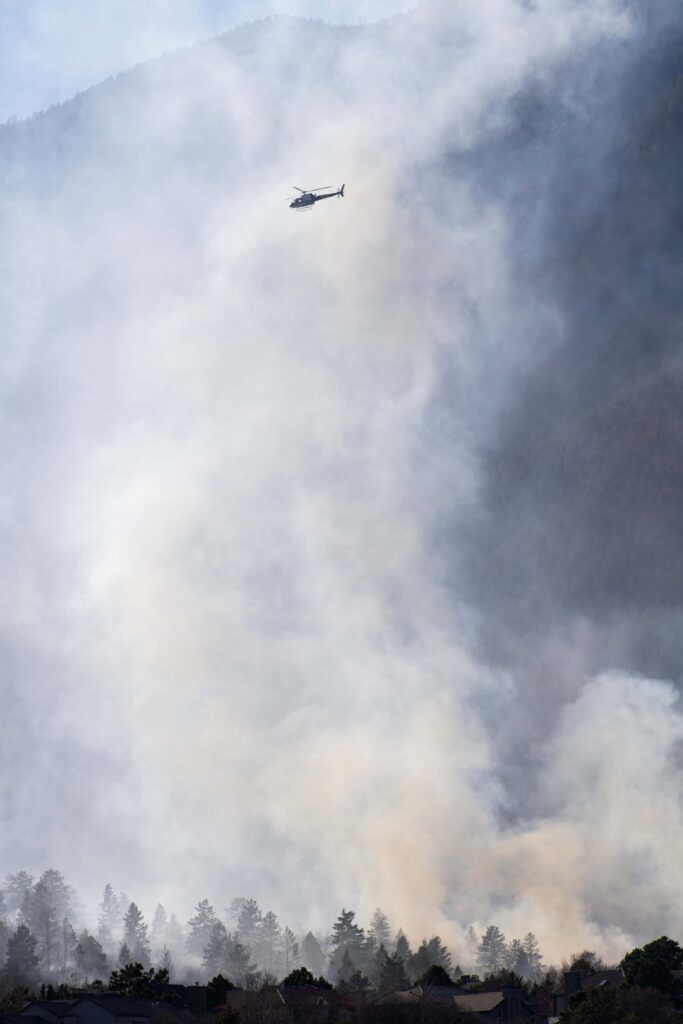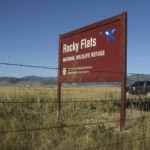OUT WEST ROUNDUP | Utah legalizes medical pot, expands Medicaid
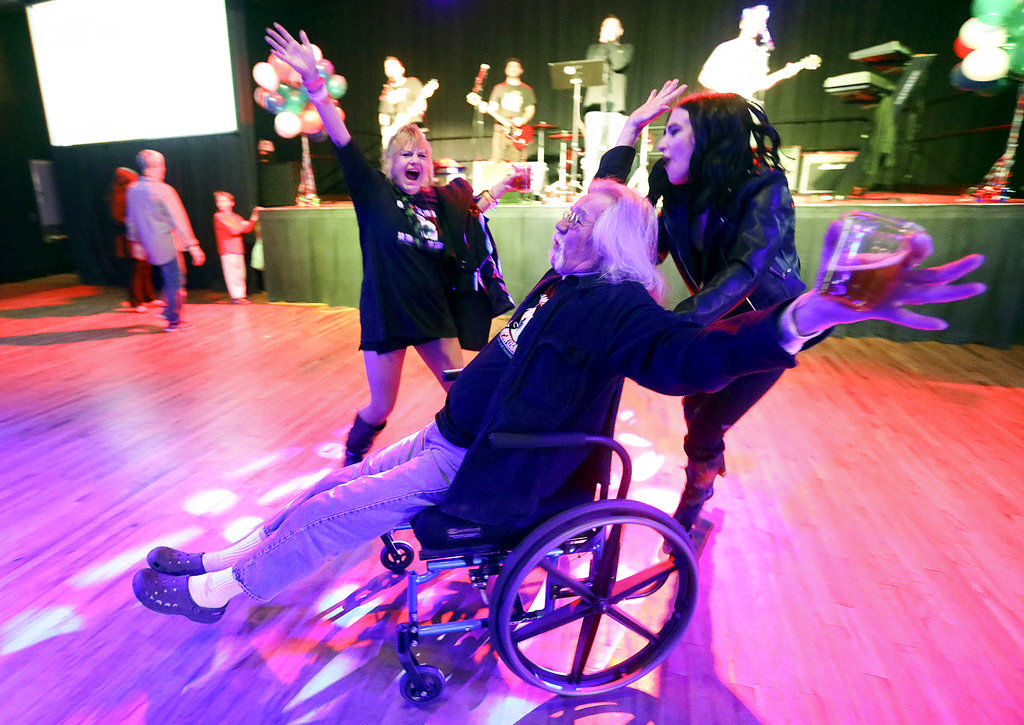
UTAH
State legalizes medical pot, expands Medicaid
SALT LAKE CITY – Voters in conservative Utah have decided to join the growing number of states legalizing medical marijuana and expanding Medicaid to cover tens of thousands more low-income residents, two issues that had long stalled out with conservative state lawmakers.
Utah will be on the list of more than 30 states allowing patients legal access to medical marijuana after the plan maintained a vote lead in tabulations. The measure will be revised, though, under a compromise that won the approval of influential Mormon church leaders.
The faith had opposed the ballot proposal over fears it could lead to broader marijuana use, but after months of fierce debate agreed to the deal. It will change the law by blocking marijuana edibles like cookies that might appeal to children and won’t allow people to grow their own marijuana if they live too far from a dispensary.
The state Legislature is expected to meet in early December to hammer out the details of revising the newly passed law.
With the Medicaid vote, Utah joins two other Republican-leaning states, Idaho and Nebraska, where voters also approved expanding the program under President Barack Obama’s health care law.
Most of the estimated 150,000 low-income residents in the state who will become eligible for Medicaid work don’t have access to health insurance through their jobs, often because they are part-time, a patients’ advocacy group said.
The measure includes a sales tax increase that is expected to generate $90 million that will combine with $800 million in federal money to fund the expansion.
On both issues, advocates decided to go to the voters after years of failing to convince the GOP-dominated state Legislature to change state law.
Utah lawmakers did approve a smaller Medicaid expansion measure with a work requirements this year. But the federal government hasn’t yet accepted that plan.
Kobach on loss in governor’s race: No ‘critical errors’
Kris Kobach blamed money. He blamed history. He didn’t blame himself for losing a race for governor in a state where Republicans outnumber Democrats nearly 2 to 1.
“Obviously, if we’d had more money to spend on TV we probably would have done so,” Kobach said after losing to Democrat Laura Kelly. “But no, in terms of the decisions made or how we structured the campaign, no, I don’t think we made any critical errors like that.”
Kobach’s campaign was marked by his parade appearances on a Jeep with a mounted replica machine gun, a rally with rock star Ted Nugent, and his fiery debate performances in which he derisively compared suburban public school buildings with the Taj Mahal.
But behind the scenes is where the circus really took place.
Interviews with more than a dozen Republican strategists and officials paint a picture of a candidate who refused to listen to advice, was unwilling to put energy into fundraising and did not set up a basic “get out the vote” operation.
Kobach, the Kansas secretary of state, struggled to pay his campaign staff on time and at one point lacked a working phone system at his Johnson County campaign office, according to Republican sources familiar with the campaign. And people who offered to volunteer were never contacted.
Kobach trusted that his regular presence on cable news programs, dominance in headlines and the support of President Donald Trump would carry him to victory, strategists said. He also expected independent Greg Orman to siphon more votes from the Democratic nominee than he did.
Two weeks out from Election Day, when polls showed Kobach in a tight race with Kelly, members of his senior staff did a walk-through of the governor’s office, according to a Republican source.
Kelly crushed the Kansas Republican in fundraising and won nearly 46,000 more votes in the state, handing the Republicans their first loss in a statewide race in 12 years. She methodically crisscrossed the state and won endorsements from every living former governor except for Sam Brownback.
Few Native American voters had ID issues in the election
BISMARCK, North Dakota – Only a few dozen Native American voters appear to have been affected on Election Day by changes to North Dakota’s voter identification requirements that many tribal members believed were aimed at suppressing their vote.
Advocacy groups credited an intense effort to ensure a strong Indian vote that included everything from offering free qualifying IDs to free rides to the polls, though it wasn’t enough to influence a key U.S. Senate race.
Democratic incumbent Sen. Heidi Heitkamp, who won her seat six years ago with the help of the Native American vote, was beaten by Republican U.S. Rep. Kevin Cramer in her bid for re-election.
The number of tribal votes that might end up not being counted total only in the dozens across four reservations, according to estimates from the Lakota People’s Law Project, the Four Directions nonprofit and the University of Colorado’s American Indian Law Clinic, all of whom had people at reservation polling sites.
A U.S. Supreme Court ruling in October allowed the state to continue requiring street addresses on voter IDs, as opposed to addresses such as post office boxes that many Native Americans have long relied on.
In Rolette County, which surrounds the Turtle Mountain Band of Chippewa reservation, 5,102 people voted, up 64 percent from the last midterm election. In 2014. In Sioux County, which encompasses Standing Rock, 1,464 people voted, the highest turnout in at least 20 years and more than double the 2014 turnout.
North Dakota law has always required a street address identification, but before 2013 voters who didn’t have one could sign an affidavit attesting to their eligibility. Some believe the removal of that option is an attempt to suppress the Native American vote.
NEW MEXICO
State is set to have all-minority US House delegation
ALBUQUERQUE – New Mexico is set to have a U.S. House delegation made up of all people of color after a historic win by a Native American candidate, a victory by a five-term Hispanic incumbent and a win by the Democrat in a contest between two other minority candidates.
It’s believed to be a first for any state with at least three House seats.
Democrat Debra Haaland defeated Republican Janice E. Arnold-Jones in the race for one of New Mexico’s open U.S. House seats, becoming one of the first Native American women elected to Congress.
The seat was open because incumbent Democratic U.S. Rep. Michelle Lujan Grisham opted to run for New Mexico governor. She won, meaning the reins of state government will pass from one Latina to another as termed-out Gov. Susana Martinez leaves office.
Meanwhile, Democrat Xochitl Torres Small won the hotly contested U.S. House race against Republican Yvette Herrell, a member of the Cherokee Nation, in southern New Mexico. Torres Small is a granddaughter of Mexican immigrants.
Democratic U.S. Rep. Ben Ray Lujan, who is Hispanic and chaired the Democratic Congressional Campaign Committee, won a sixth term representing northern New Mexico’s 3rd District. He defeated Republican Jerald Steve McFall and Libertarian Chris Manning.
Haaland is an enrolled Laguna Pueblo member. She was one of a three Native American women seeking to become among the first elected to Congress this year.
According to the U.S. Census, around 49 percent of New Mexico’s population is Hispanic and about 11 percent is Native American. However, the voting participation of both populations historically has lagged behind whites.
Colorado man pleads guilty to trespassing at Old Faithful
YELLOWSTONE NATIONAL PARK – A 27-year-old Colorado man who walked dangerously close to Old Faithful geyser in September is banned from Yellowstone National Park and nearby Grand Teton National Park for five years.
Gabriel Villalva of Greeley pleaded guilty to disorderly conduct and foot traffic on a thermal area in Yellowstone. The judge sentenced him to five years of probation, during which time he cannot enter the parks.
Tourists captured videos of Villalva standing within a few feet of Old Faithful on Sept. 14.
Five days later, Villalva was arrested in Cheyenne after a police chase in which his vehicle caught fire.




